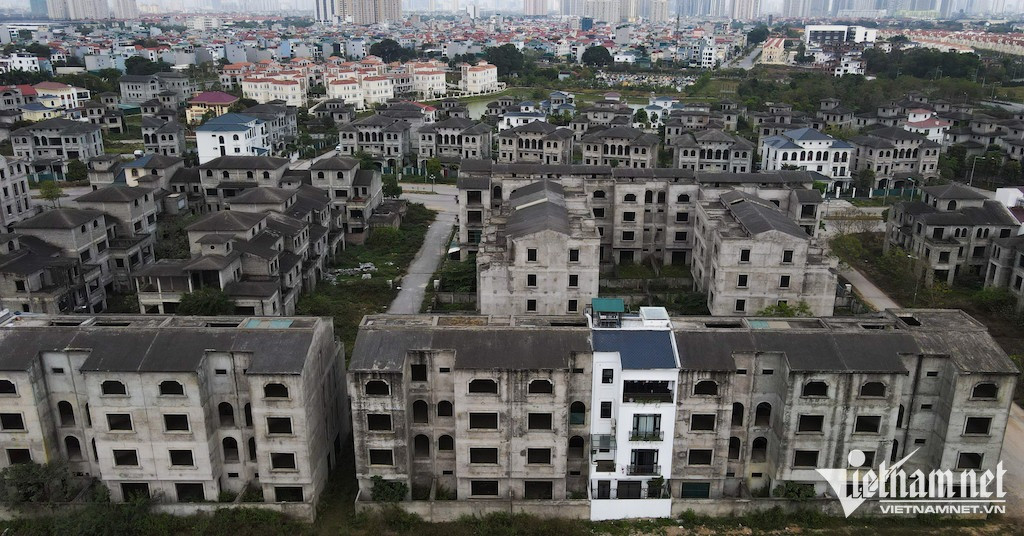This initiative targets speculative investors who are exacerbating housing affordability issues across the nation.

Reports from VARS highlight a troubling trend of increasing numbers of deserted houses and villas, particularly in urban centers where space is at a premium.
This phenomenon underscores a stark disparity: while numerous properties remain unoccupied, many citizens struggle to afford a home, pointing to a significant misallocation of resources and contributing to social injustice.
"The accumulation of properties by the affluent, who often leave them vacant, distorts the housing market and restricts access to affordable housing for the broader population," VARS noted.
This practice not only squanders land resources but also skews the supply-demand equilibrium, driving prices up and accessibility down.
VARS suggests that the imposition of taxes should commence from the ownership of a second house. Such a measure would not only moderate the real estate market but also ensure that those with greater assets contribute proportionately more to the public coffers.
Observations indicate that a significant number of recent property transactions involve buyers acquiring their second or third homes.
To address these issues effectively, VARS proposes a tiered taxation system, akin to practices in Singapore and South Korea. For instance, in Singapore, additional fees escalate with the acquisition of subsequent properties, while South Korea imposes increasing taxes on abandoned properties to discourage speculative holding and encourage development.
Implementing these taxes will not be straightforward. It demands robust administrative capabilities, including significant investments in technology and human resources to manage and enforce the new policies effectively.
Additionally, the potential economic repercussions, such as reduced consumer purchasing power and the creation of legal loopholes for tax evasion, require careful consideration.
VARS acknowledges the complexities involved: "Introducing any new policy will encounter challenges, but the benefits of real estate taxation are anticipated to outweigh the drawbacks significantly."
The call for tax reforms has garnered support from various stakeholders, including Phan Duc Hieu, a permanent member of the Economic Committee of the National Assembly, who emphasized the urgency of these measures.
"Effective tax intervention is essential to align housing prices with real market conditions. Delaying these reforms will only perpetuate the problem," he asserted.
As Vietnam continues to develop and urbanize, the implementation of strategic tax measures could be pivotal in stabilizing the real estate market and promoting equitable economic growth.
The debate continues, with many eyes on how these proposed policies will reshape the housing landscape in Vietnam.
Hong Khanh